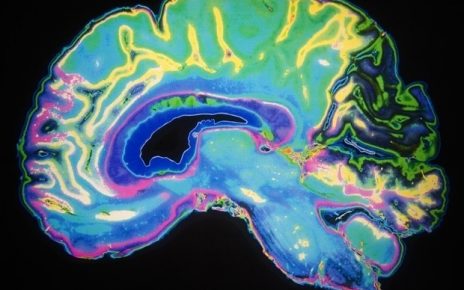
If you’re one of the 14 million people living with rosacea (via the American Academy of Dermatology Association), you have probably tried many methods like Azelaic acid to help calm the redness across your cheeks and nose. You are in good company if you have the condition because high-profile figures, like Princess Diana and former president Bill Clinton dealt with rosacea (via Web MD). The skin condition usually shows up in fair-skinned people ages 30 to 50, impacting women slightly more often than men. During a flareup, you may see red, pus-filled, pimple-like bumps covering the area under your eyes and across your nose, which often go away and come back later (via Healthline).
You have probably tried at-home remedies, and your doctor might have prescribed antibiotics and other creams to help calm the redness. You might even know what foods and conditions trigger a flareup. While at least one drink — alcohol — is linked to developing rosacea (via Mayo Clinic), there’s a surprising beverage that you probably love which might protect against developing the red pimply patches on your face.
Here's how coffee can reduce your rosacea risk

If you have a family history of rosacea, or you have developed the condition yourself, there is some good news if you like coffee. In the past, experts considered drinking hot beverages like coffee a risk factor for the condition (via Healthline). However, a recent study found that coffee helped protect against developing the rosy rash across the middle of your face. Study author Wen-Qing Li, an assistant professor of dermatology and epidemiology at Brown University, told WebMD, “In our study, we found that consuming caffeine from coffee may protect against the risk of developing rosacea.”
The study found that coffee drinkers who consumed at least 100 milligrams (mg) of caffeine a day saw a drop in the risk of developing rosacea. Those who imbibed in four or more servings of java each day saw a significant decrease in rosacea risk. Interestingly, the association only came with people who drank coffee. Other caffeinated beverage drinkers did not experience the same reduction in developing the skin condition. Researchers believe the reason coffee helps is the polyphenols in the caffeinated beverage.
What does this mean? “If you’re already drinking coffee, and love it, the results of the study provide reassurance that you can continue doing so, as long as you’re careful with the temperature of your coffee and with what you’re adding into your cup of morning joe,” Dr. Rajani Katta, a board-certified dermatologist and author, told Healthline. Experts, however, cautioned drinkers to be careful about adding calories to their coffee.
Source: Read Full Article



